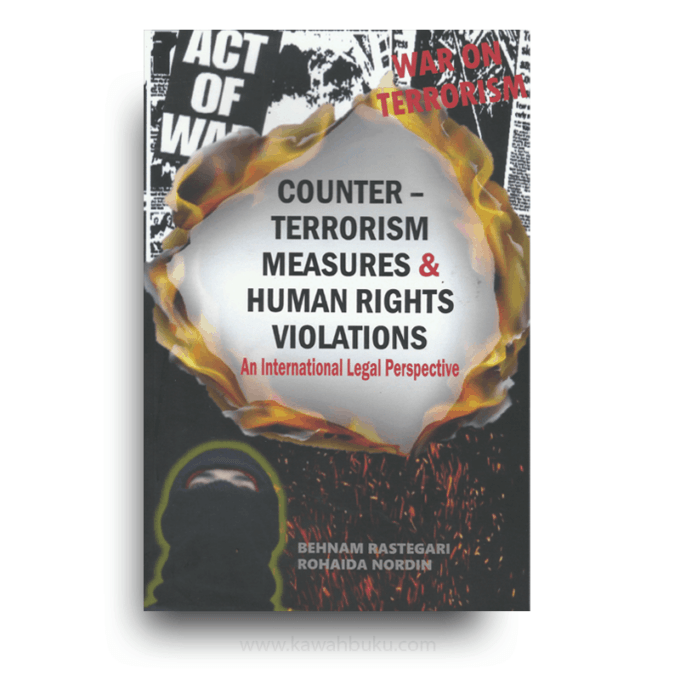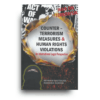Counter-Terrorism Measures and Human Rights Violations: An International Legal Perspective discusses the violations of international human rights law in the adoption of counter-terrorism measures as preemptive actions against civil liberties. It highlights the right to peace and security as a basic need of society and essential responsibility of governments.
Counter-terrorism as a series of offensive actions to eliminate terrorist activities is different from anti-terrorism actions. Counter-terrorism measures are usually implemented following terrorist activities to cripple the ability of the terrorist, while anti-terrorism measures aim to identify the causes and roots of terrorism in order to prevent the possibility of terrorist attacks. In practice, however, despite the differences between the two concepts, they usually overlap. From a legal perspective, the States adopt two different policies to counter-terrorism.
Some governments confine their counter-terrorism measures to the rule of law and respect for human rights while others retaliate with rampant and systematic violations of the individual rights of the terrorists as well as civilians. Committing numerous human rights abuses in the name of the war against terrorism has come to include extreme penalties, pervasive surveillance and suppression of freedom by State, which could potentially undermine the legitimacy of the government in some instances.
The counter-terrorism measures adopted by States are categorised into two major approaches: law enforcement and military force. Despite the criticism of the effectiveness of the law enforcement approach, this book argues that the law enforcement approach is more consistent with the human rights norms.
States consider terrorism as an important threat. The destructive effect of terrorism on the social structures of States has compelled State governments to find ways to deal with the dangers of terrorism. There is currently a pressing need to counter-terrorism within the borders of a State to fight domestic terrorism. While States are responsible for protecting civilians against terrorist acts through effective counterterrorism policies, the establishment of a legal framework for countering terrorism is also the duty of States. Governments should abide by the rule of law when formulating counter-terrorism measures. The power of governments is not unlimited in counter-terrorism policies and the limit must be based on national laws and regulations as well as international legal norms.
Terrorism is no longer considered a domestic threat. Despite the international nature of terrorist attacks, which can be financed thousands of miles from the operation centre, the negative effects of terrorism on the global economy and security of international society are extensive. For example, the September 11 attacks in the US ultimately led to a multi-national war in the Middle East. The attacks also led to significant changes in the political systems of Afghanistan and Iraq. The violations of international law, specifically the International Human Rights Law and the International Humanitarian Law, were committed through the adoption of erroneous counter-terrorism policies and measures and have resulted in thousands of fatalities, billions of dollars in economic damages and persisting global insecurity.
The recent years have witnessed an increase in the number of civilian casualties as well as repeated violations of human rights under the pretext of security. The international human rights framework has been sacrificed following the September 11 attacks in the war against terrorism. The balance between liberty and security has challenged, when the war is waged. The war violated human rights and the rules of humanitarian law.











Reviews
There are no reviews yet